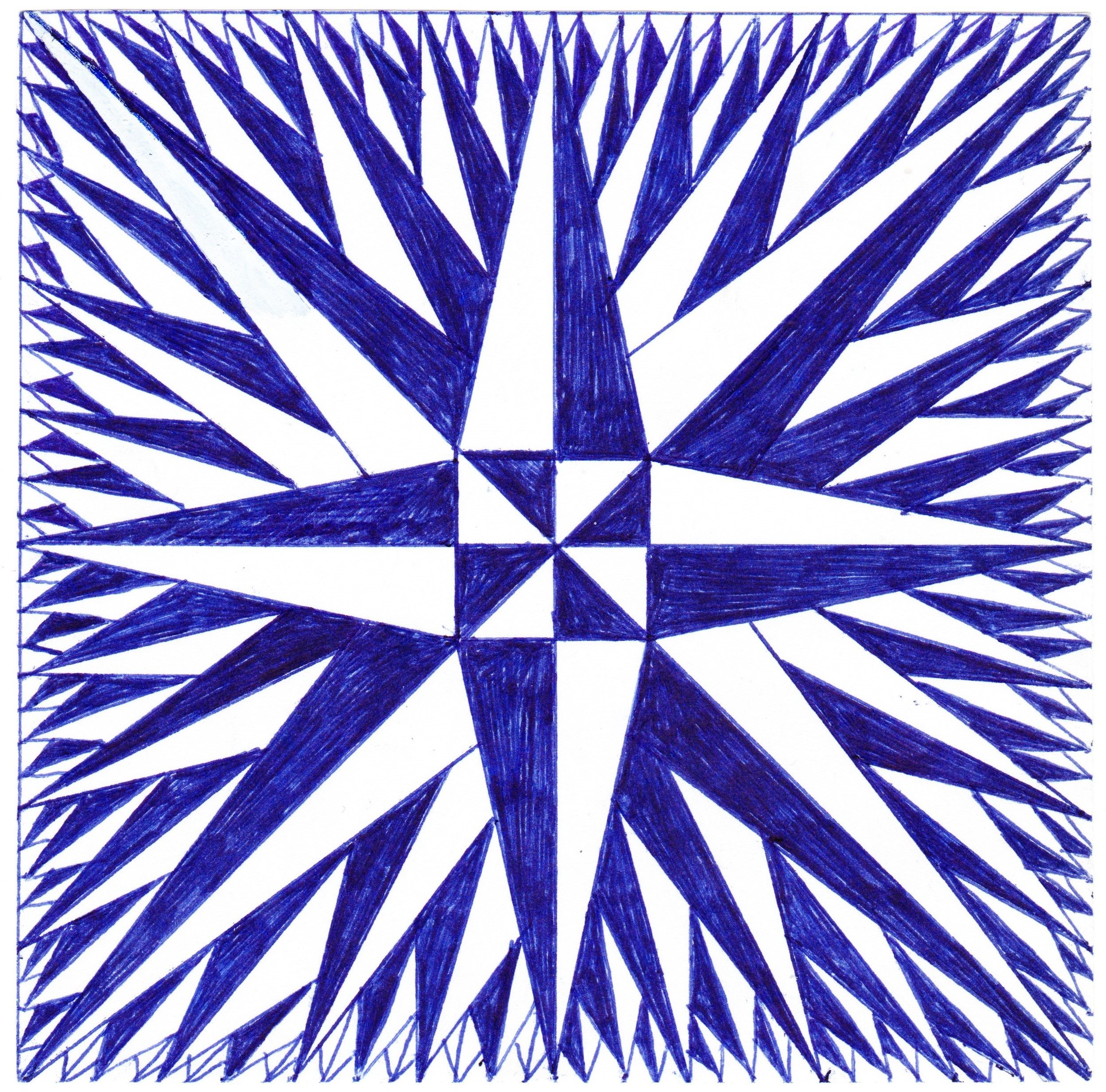This is the provisional title of a book I am working on with Bob Mattingly and Steven James. We have a convergent theories about spirituality as something shared by all of humanity, and it can take secular or religious forms. My third of the book is called “Centering Spirituality,” and it contain three parts:
- The What: The Science of Spirituality. What do we know about what spirituality looks like from both the outside (human behavior) and the inside (phenomenological descriptions and neuroscientific imaging). There are certain characteristics found every category of diversity–culture, gender, religion–and even across the religious-secular divide.
- The Why: The Ethics of Spirituality. Why should we develop our spirituality, whether secular or religious? Spirituality comprises a large set of virtues, including not only what we have narrowly identified as “ethics” in the Western tradition, but all those habits of mind and action that contribute to the goodness and wellbeing of both individuals and society. Like Aristotle argued, each virtue is the mean between two extremes, an other-centered pole and a self-centered pole. Compassion is the mean between codependence and apathy. Interdependence is the mean between independence and dependence. Critical conformity to prosocial norms is the mean between uncritical conformity to group norms and complete rebellion. To be spiritual is to be ethical, but in a much more robust, profound, holistic, relational, and sustainable way.
- The How: Techniques of Spirituality. How can we cultivate our spirituality? Religious and Secular traditions from across the world and throughout time have developed technologies that can help us along the path of spirituality. Many of us will recognize these techniques as the religious rituals we have grown up, but which we engaged in without realizing their spiritual function. For example, any ritual that increases our awareness or our interrelatedness is directly helping us to cultivate our spirituality. So when we fast from food on a religious holiday and we start to notice the triggers that make us more hungry, we are gaining self-awareness and the ability to transcend our circumstances.
This was an exciting book to write. I hope it will generate a lot of conversation, self-reflection, and action.
